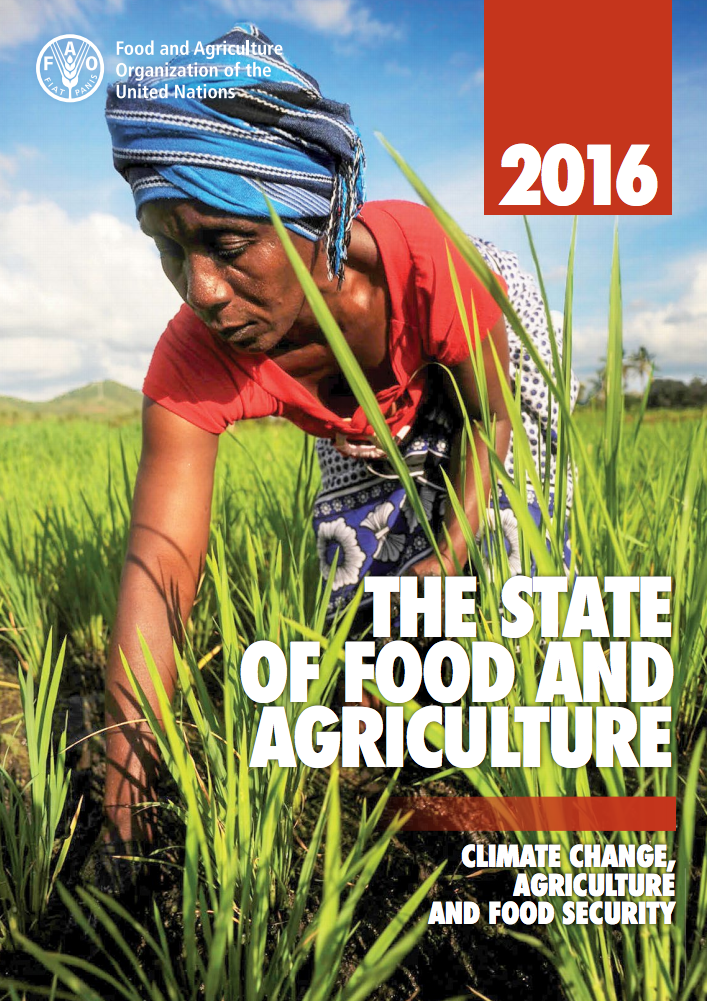Focal point
Location
The Food and Agriculture Organization of the United Nations leads international efforts to defeat hunger. Serving both developed and developing countries, FAO acts as a neutral forum where all nations meet as equals to negotiate agreements and debate policy. FAO is also a source of knowledge and information. We help developing countries and countries in transition modernize and improve agriculture, forestry and fisheries practices and ensure good nutrition for all. Since our founding in 1945, we have focused special attention on developing rural areas, home to 70 percent of the world's poor and hungry people.
Members:
Resources
Displaying 706 - 710 of 5074Good Growth Happens
The key message of this video is that secure tenure rights provide the foundation for economic growth, enhanced food security and nutrition, reduced conflict, and improved natural resource management while also improving the overall investment environment, thereby fostering increased investment.
FAO Policy Series: Tenure of Land, Fisheries and Forests
The daily food and incomes of billions of people, particularly the rural poor, are determined by their access to land, fisheries and forests. Societies decide and regulate access to these resources through systems of tenure. Paul Munro-Faure, Deputy Director and Francesco Romano, Land Tenure Officer of the FAO Partnership, Advocacy and Capacity Development Division explain how supporting responsible governance of tenure is critical to achieving food security and allowing families to invest in sustainable production. They describe the FAO policy work, including key policy messages.
State of the World's Forests: Forests and Agriculture- Land-use Challenges and Opportunities
This report prepared by FAO explores the challenges and opportunities represented by the complex interrelationship between forests, agriculture and sustainable development. It demonstrates that the sustainable management of both forests and agriculture, and their integration in land-use plans, is essential for achieving the SDGs, ensuring food security and tackling climate change.
Agricultural mechanization: A key input for sub-Saharan Africa smallholders
This paper is specifically about agricultural mechanisation: the opportunities provided by mechanisation for intensifying production in a sustainable manner, in value addition and agri-food value chain development, as well as the inherent opportunities implied for improved local economies and livelihoods. The establishment of viable business enterprises agro-processors, transport services, and so forth as a result of increased agricultural mechanisation in rural areas, is crucial to creating employment and income opportunities and, thereby, enhancing the demand for farm produce.
The State of Food and Agriculture: Climate Change, Agriculture and Food Security
The Paris Agreement, adopted in December 2015, represents a new beginning in the global effort to stabilize the climate before it is too late. It recognizes the importance of food security in the international response to climate change, as reflected by many countries focusing prominently on the agriculture sector in their planned contributions to adaptation and mitigation. To help put those plans into action, this report identifies strategies, financing opportunities, and data and information needs.










